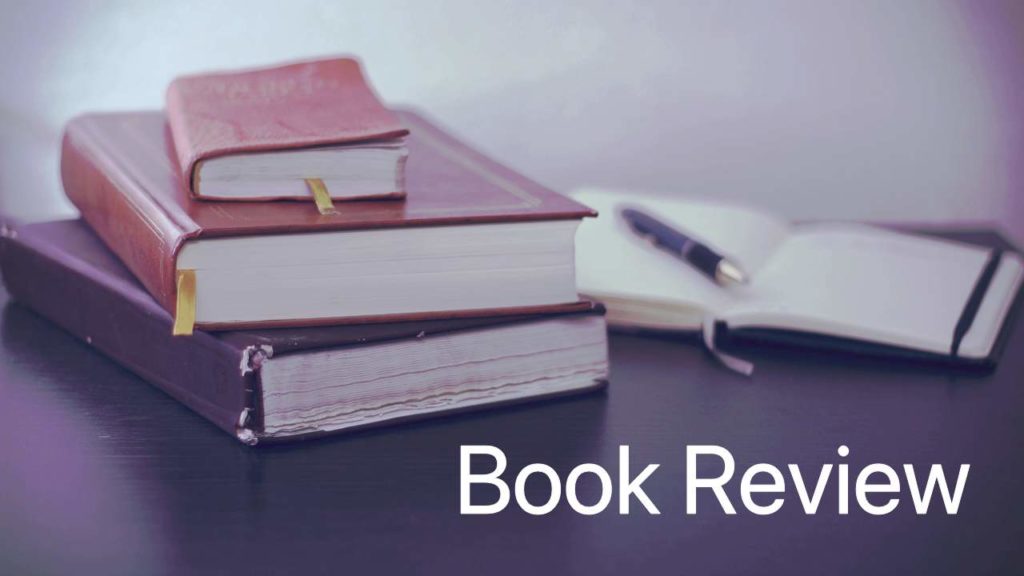Hendricks, Greer & Sarah Pekkanen. An Anonymous Girl
St. Martin’s Press, 2018
ISBN 978-1-250-13373-1
Recommended

Jessica Farris, age 28, works as a freelance make-up specialist, lugging her product cases all over Manhattan and barely earning enough to get by. On a typical Friday night Jessica overhears Taylor, one of her college-student clients, tell her roommate that she won’t be getting up early enough the next morning to participate in the psychological survey she’s signed up for. “It pays $500,” Taylor casually says.
With a couple of distractions Jessica manages to see the appointment information on Taylor’s phone and decides to take Taylor’s place the next morning. After all, she needs the money.
When Jessica shows up at the appointed place and time the next morning, a young man greets her and explains that he’s the research assistant for Dr. Shields, a psychiatrist who’s conducting a morality and ethics research project. He directs Jessica to a seat in a classroom where an open laptop awaits.
Jessica is surprised to find out that she’s the only person scheduled for that time slot. She’d be more surprised if she knew that Dr. Shields was watching her complete the questionnaire through the computer’s camera. Some of the questions make Jessica squirm in her seat just a bit.
“It can be frightening to become acquainted with parts of yourself that you don’t like to admit exist.” (p. 15)
Dr. Lydia Shields
While watching Jessica from the next room, Dr. Shields recognizes something she needs in the young woman, even though she knows this woman isn’t the scheduled Taylor. Watching Dr. Shields watch Jessica, the reader suspects the psychiatrist’s observation applies to herself as much as to her research subject.
“You are staring at the therapist. The carefully constructed facade is working. It is all you see. It’s all you will ever see.” (p. 61)
Dr. Lydia Shields
But the reader sees everything.
This novel is unusual in its use of two first-person narrators. Jessica and Dr. Shields speak in alternating chapters, and the reader soon has no trouble recognizing which one is speaking. Jessica’s narrations are conversational and straightforward, while Dr. Shields’s use of passive verbs (e.g., “the door is opened to you,” “your coat is hung up,” “a gift is offered”) peg her as a researcher and academician. Dr. Shields at first uses this type of language only sparingly, but she uses it progressively more frequently as the novel develops.
“Sometimes a therapist who coaxes out all of your secrets is holding the biggest one in the room.” (p. 99)
Dr. Lydia Shields
As Dr. Shields asks her to perform more actions as part of the ethics research project, Jessica becomes suspicious. She continues to do as asked, though, because Dr. Shields pays her handsomely and Jessica needs the money to help her family pay for her handicapped younger sister’s special needs.
When Dr. Shields introduces Jessica to her husband, Thomas Cooper, also a psychotherapist, Jessica realizes there’s more to this psychological experiment than she originally thought.
“At least I’ve finally learned something concrete: Neither of them can be trusted.” (p. 233)
Jessica Farris
By now Jessica knows she’s in way deeper than she ever imagined possible. Will she be able to figure out what exactly is going on and how to protect herself?
It would be easy to read this novel as simply an engaging thriller, but, as suspenseful as it is, it also examines serious underlying moral issues of human existence: truth, responsibility, loyalty, betrayal, trust, love. How these moral questions play out will determine if anyone emerges unscathed from this psychological experiment.
© 2020 by Mary Daniels Brown

